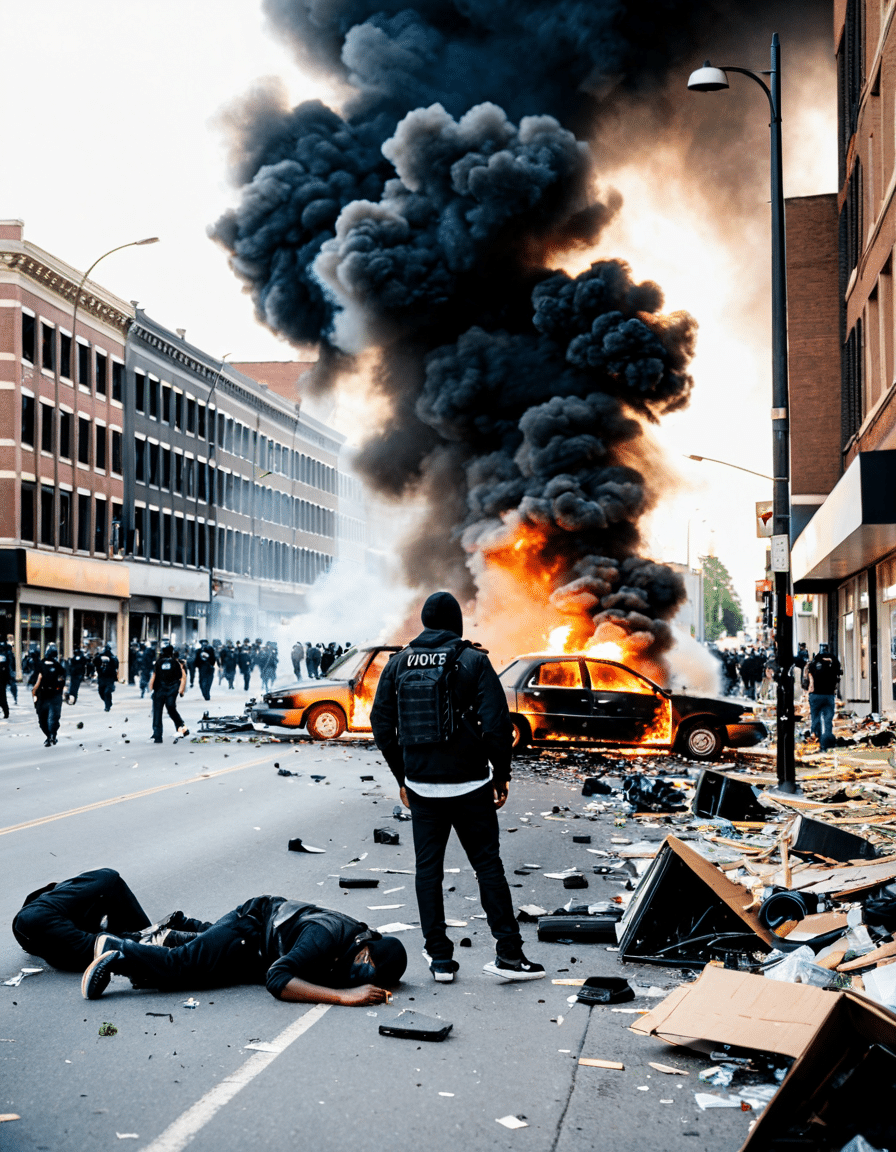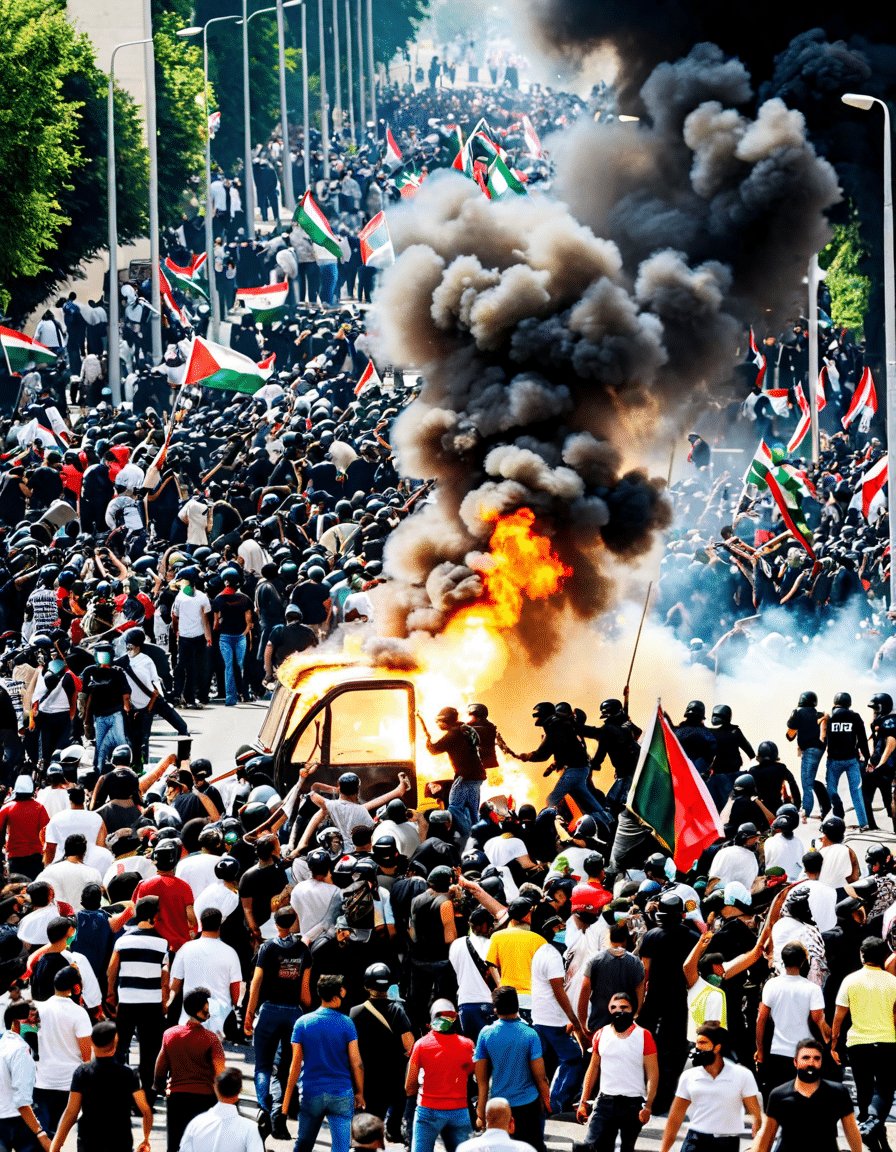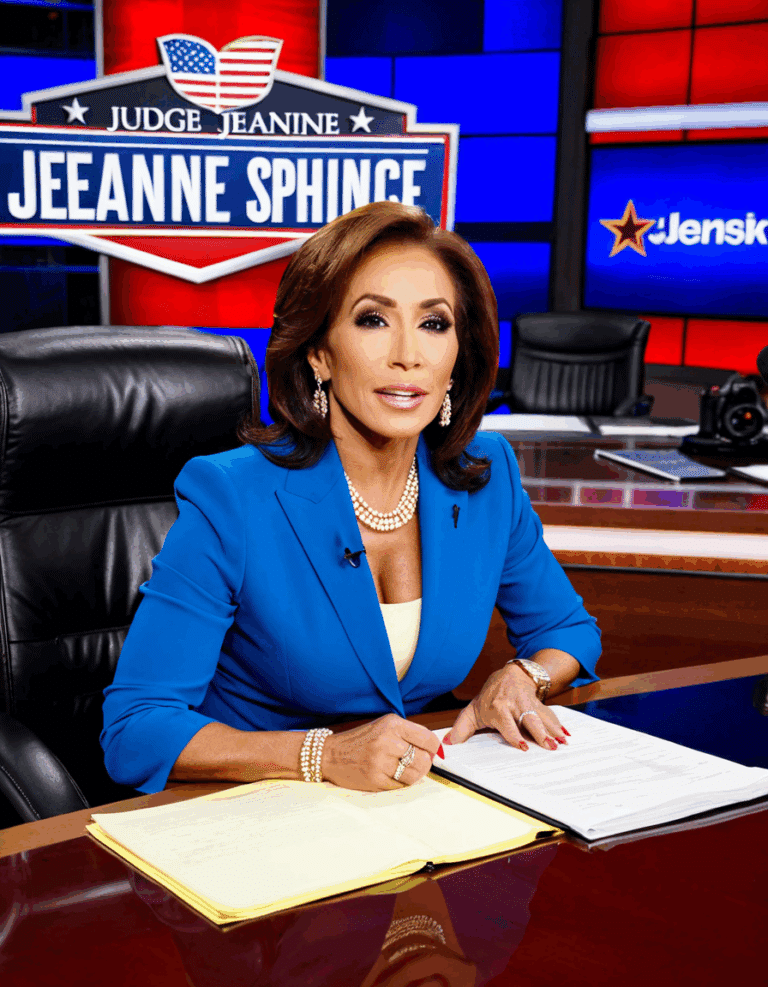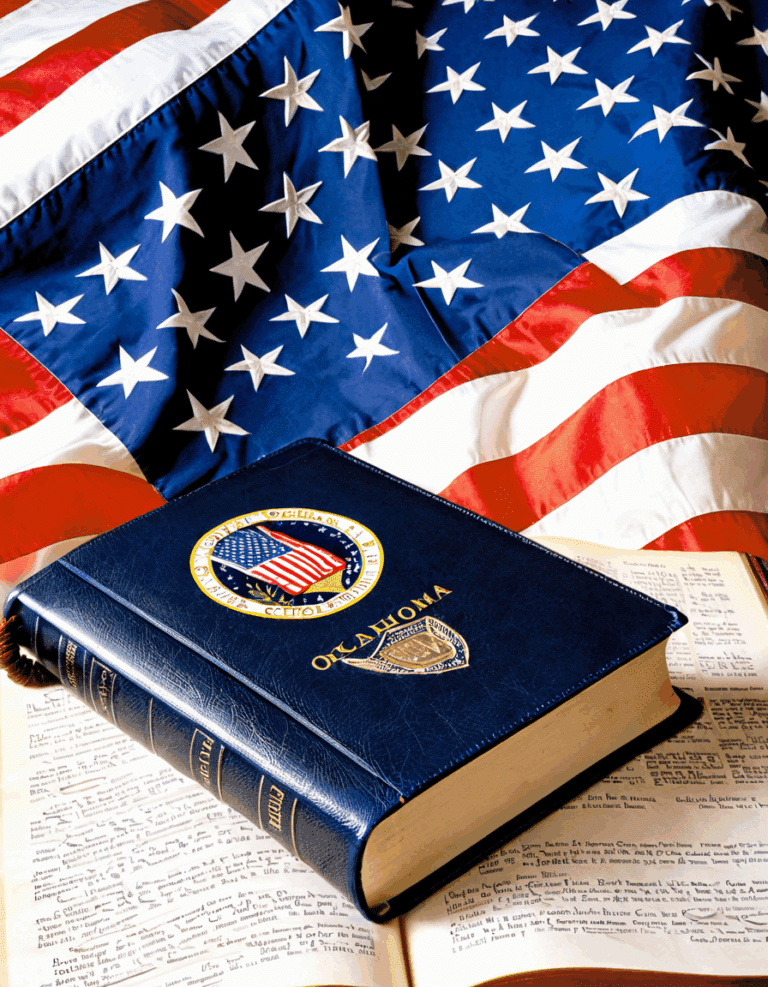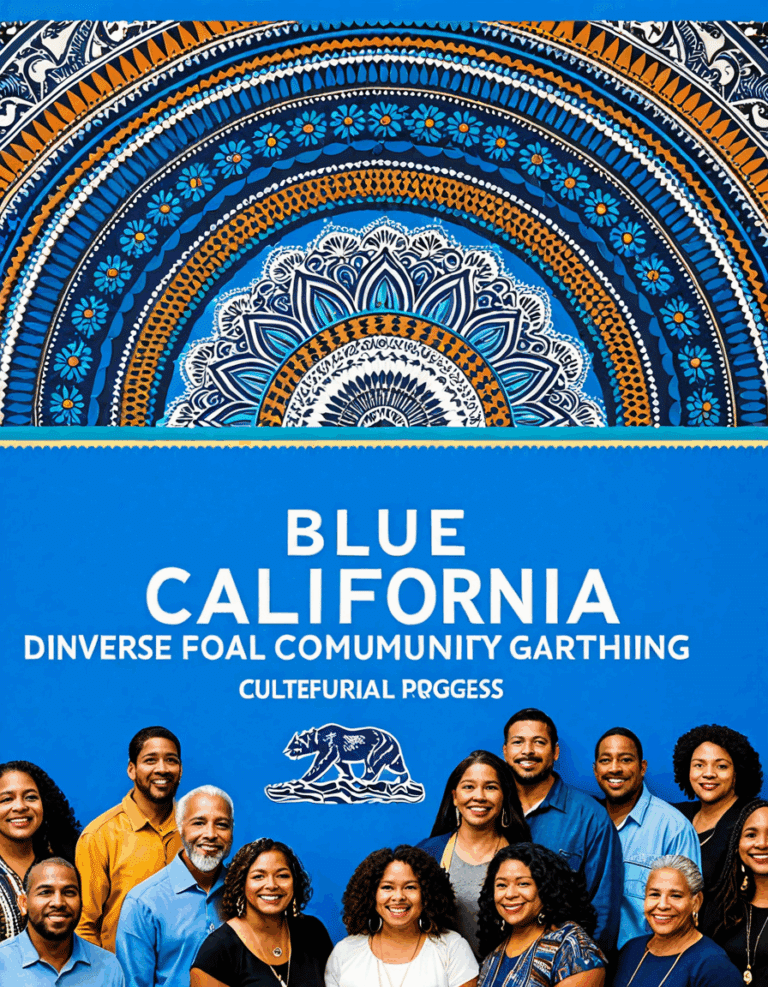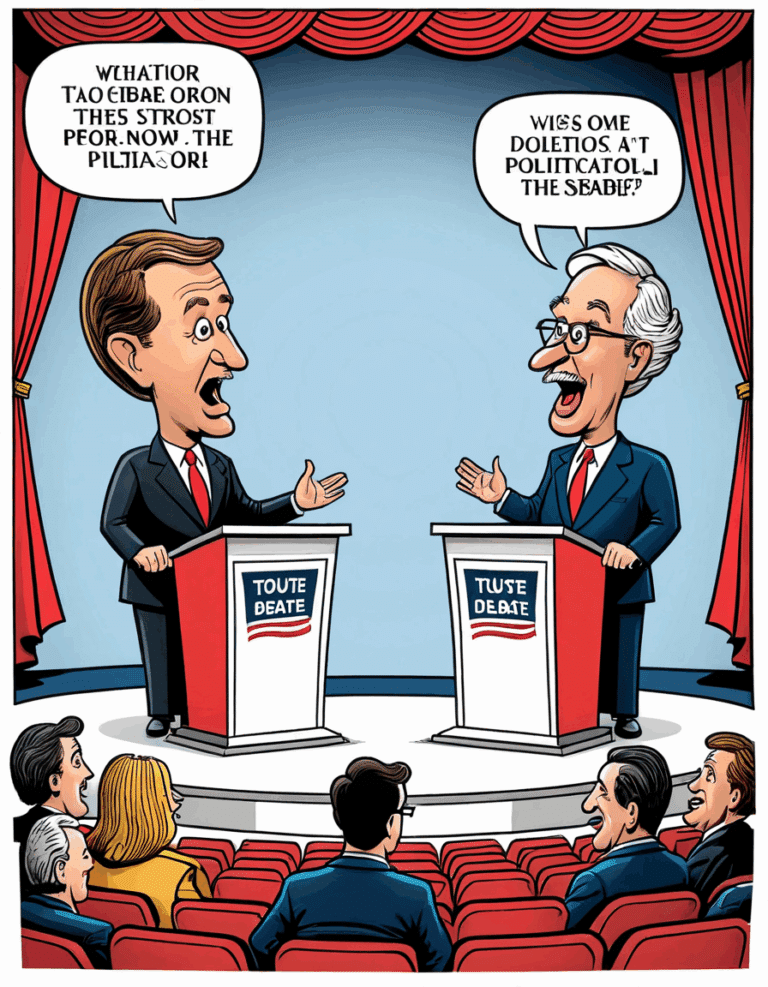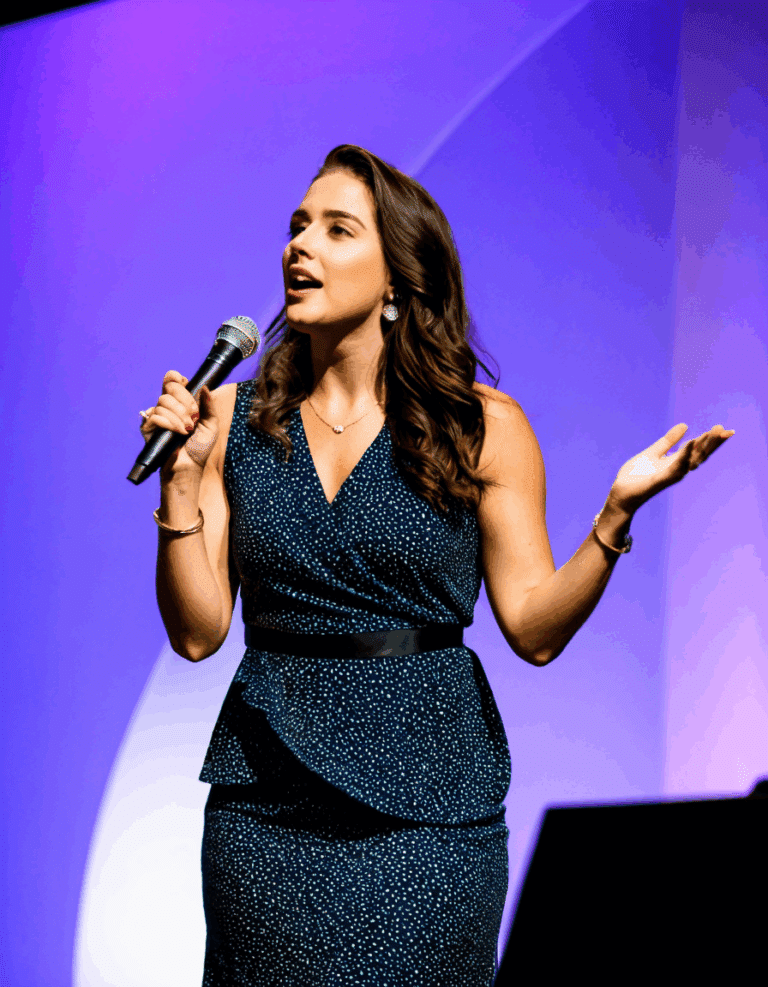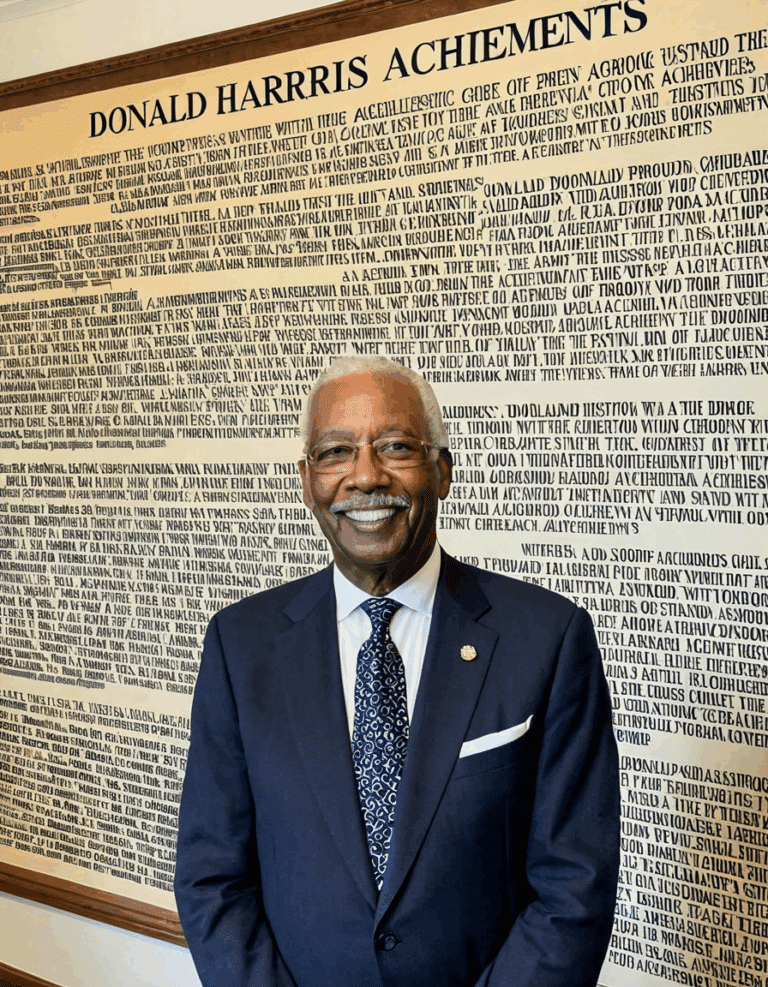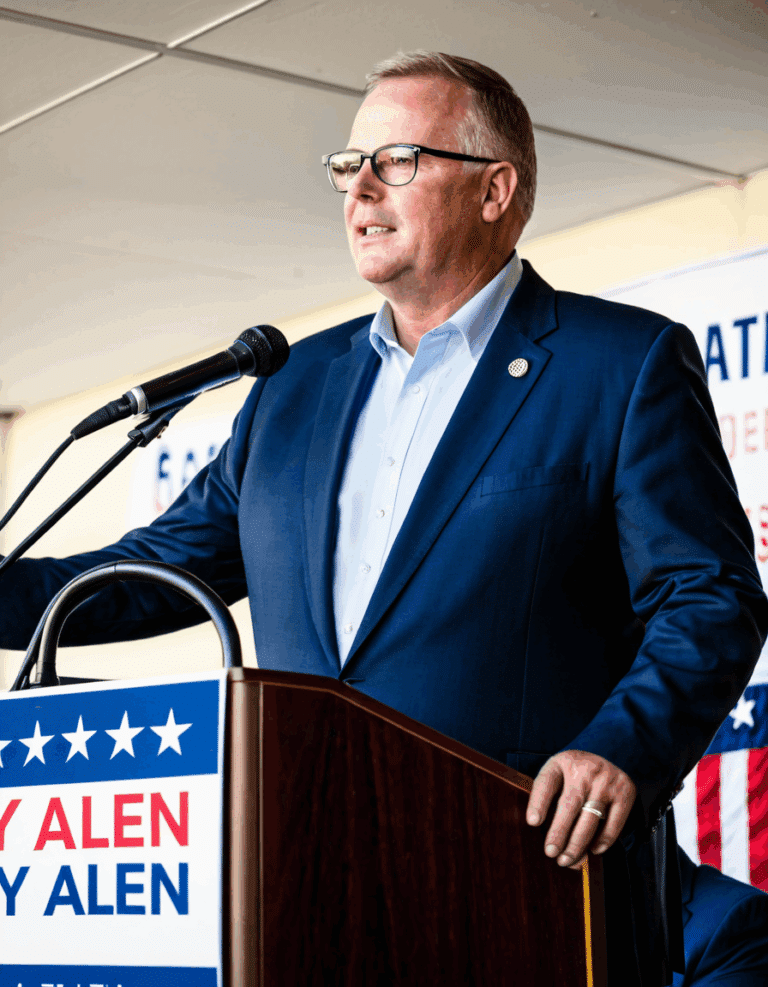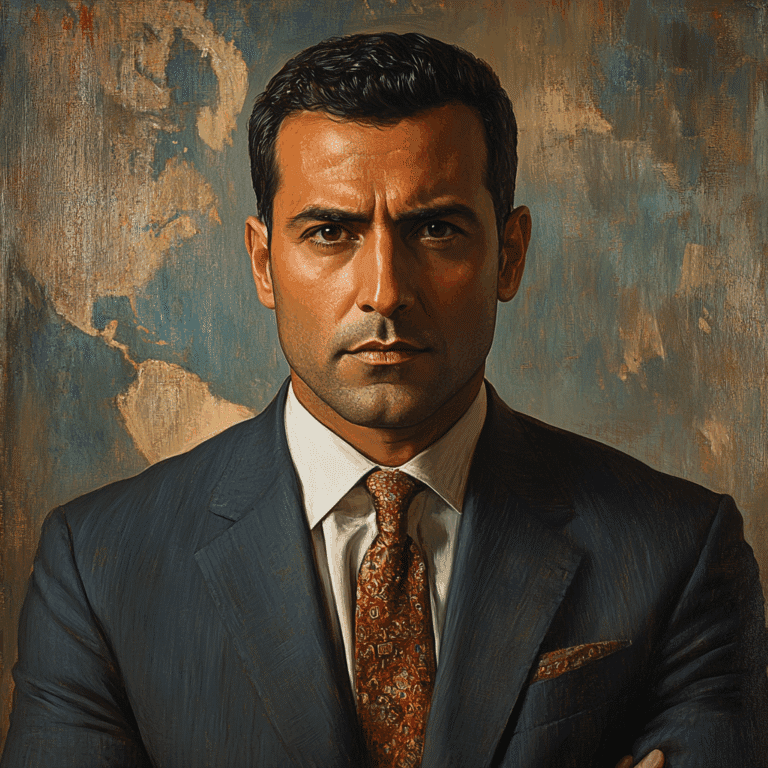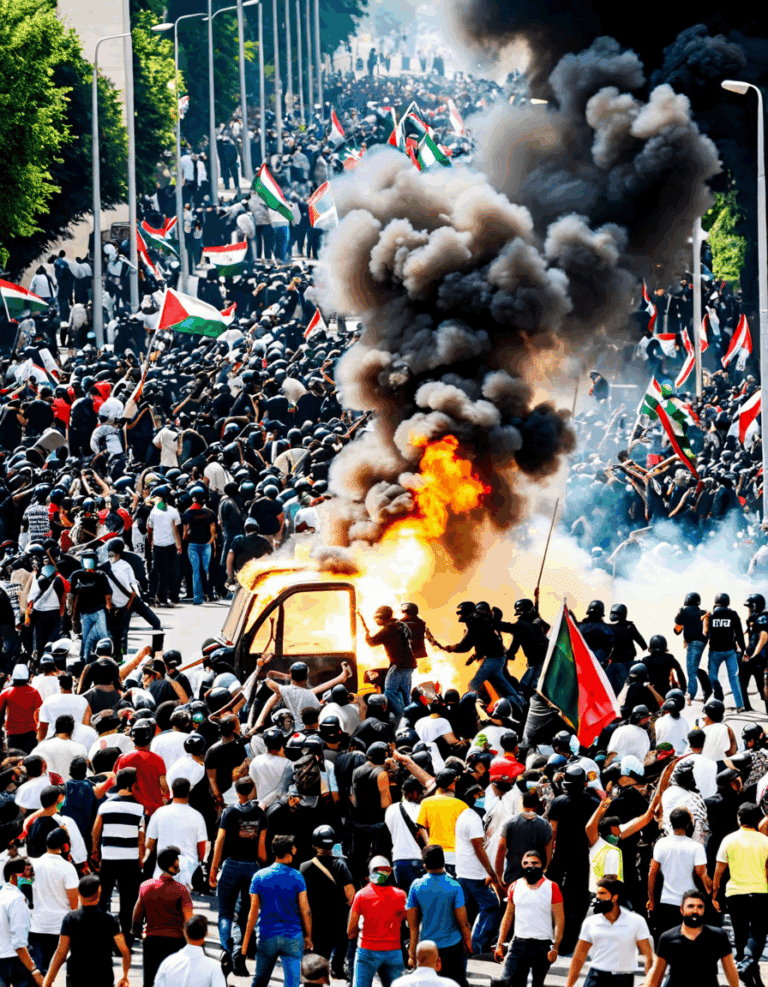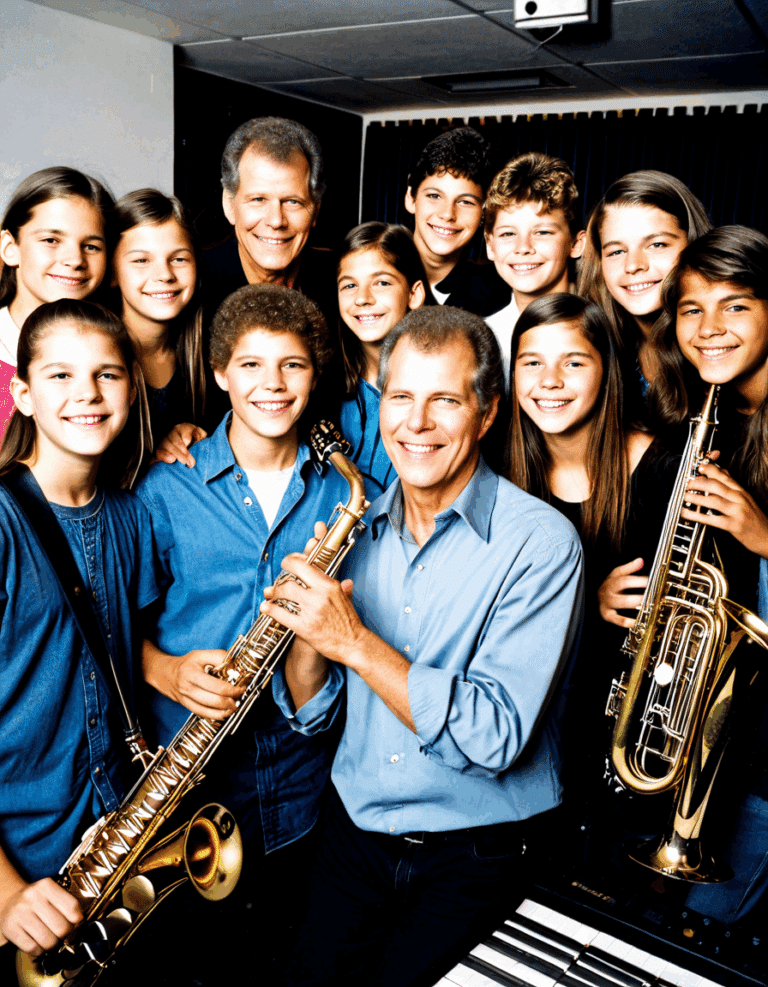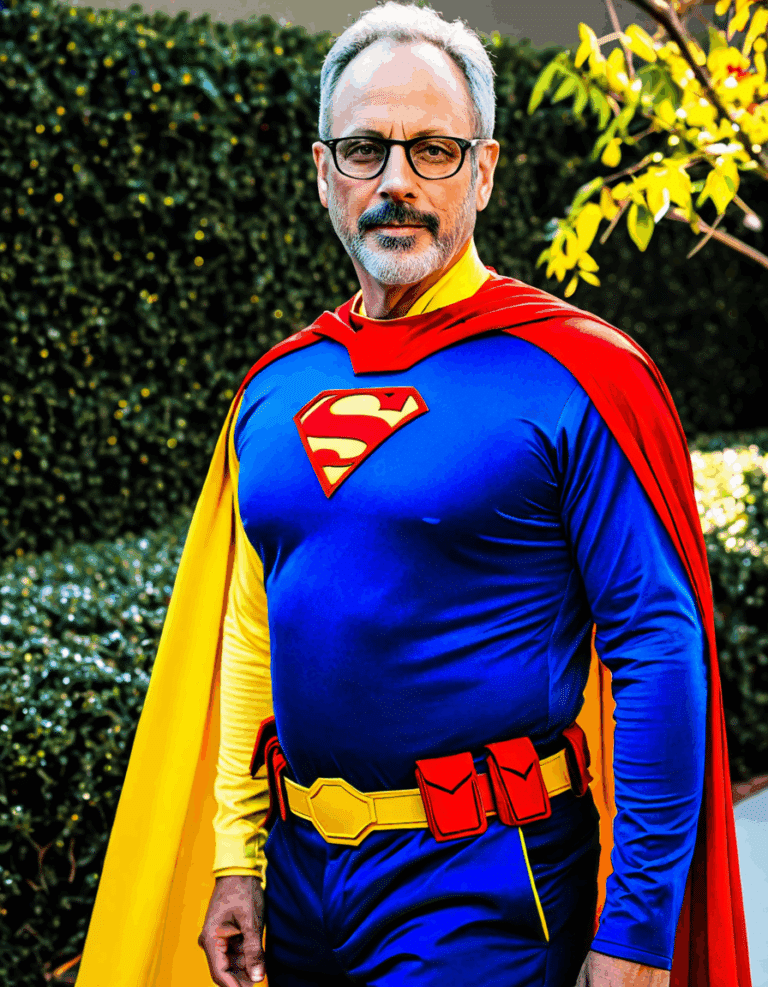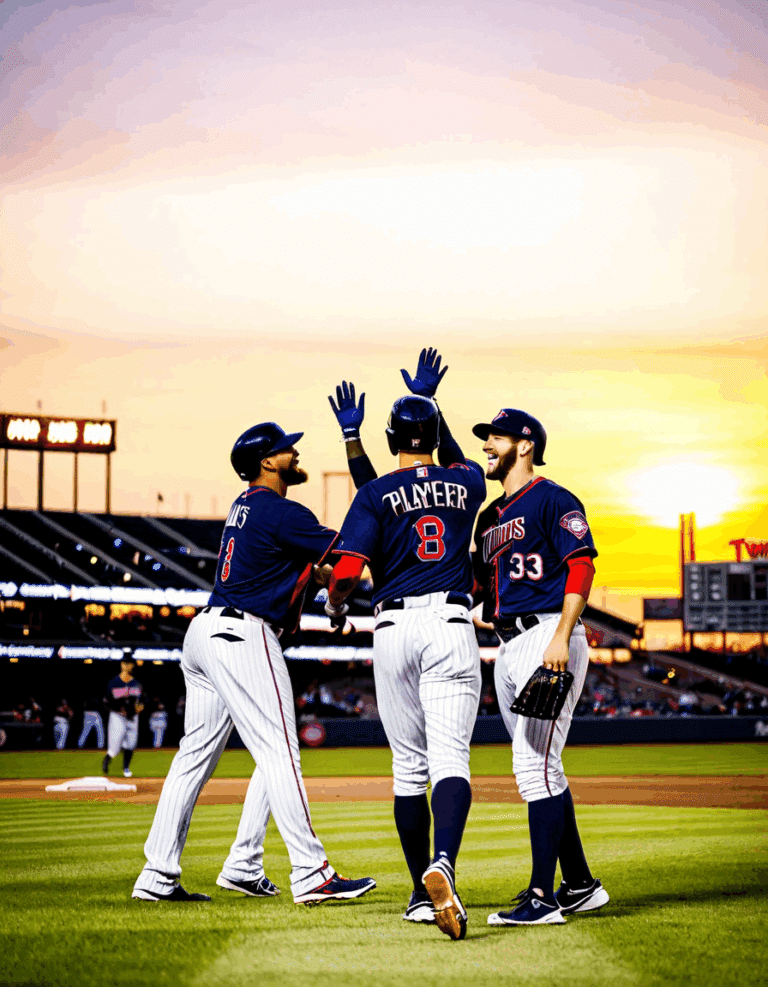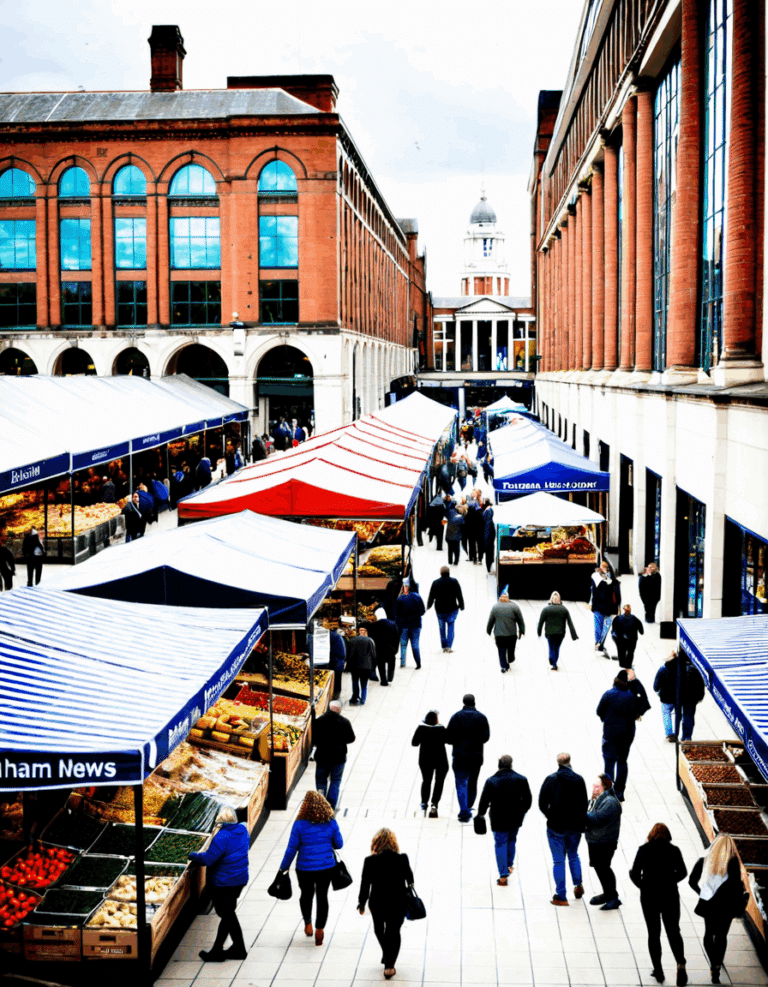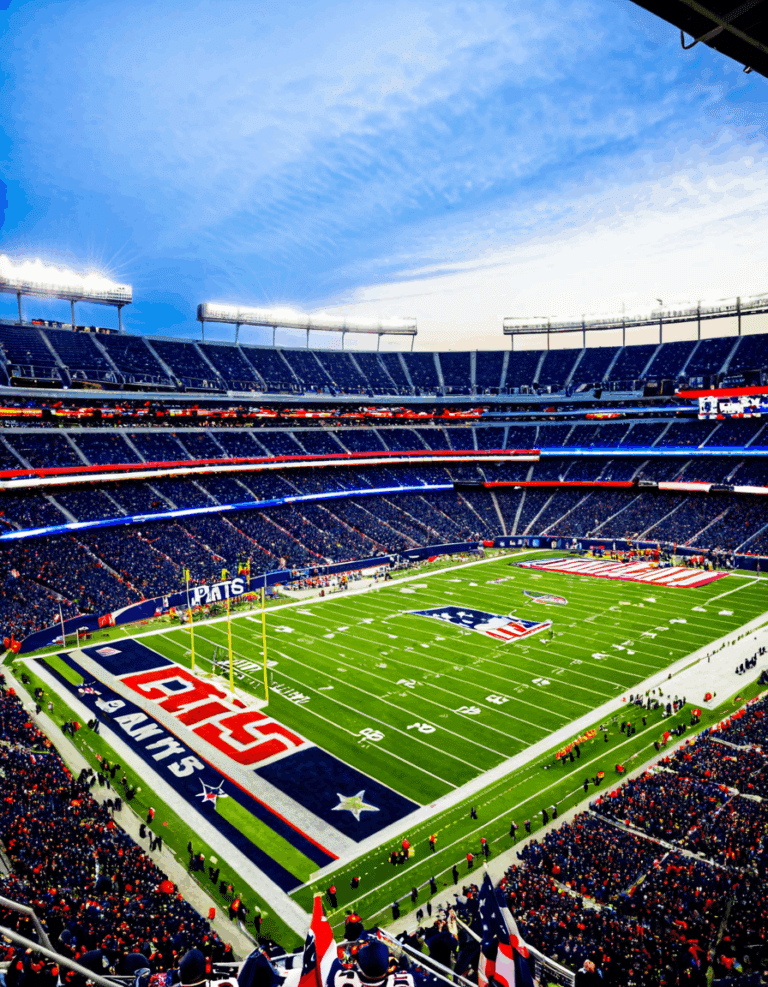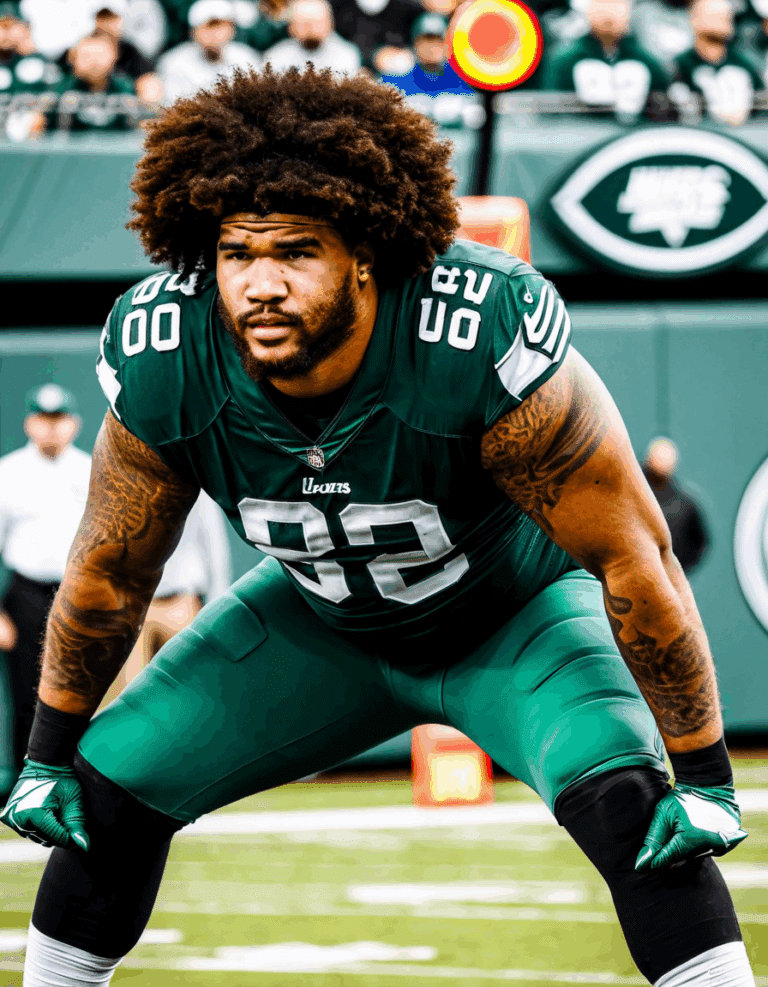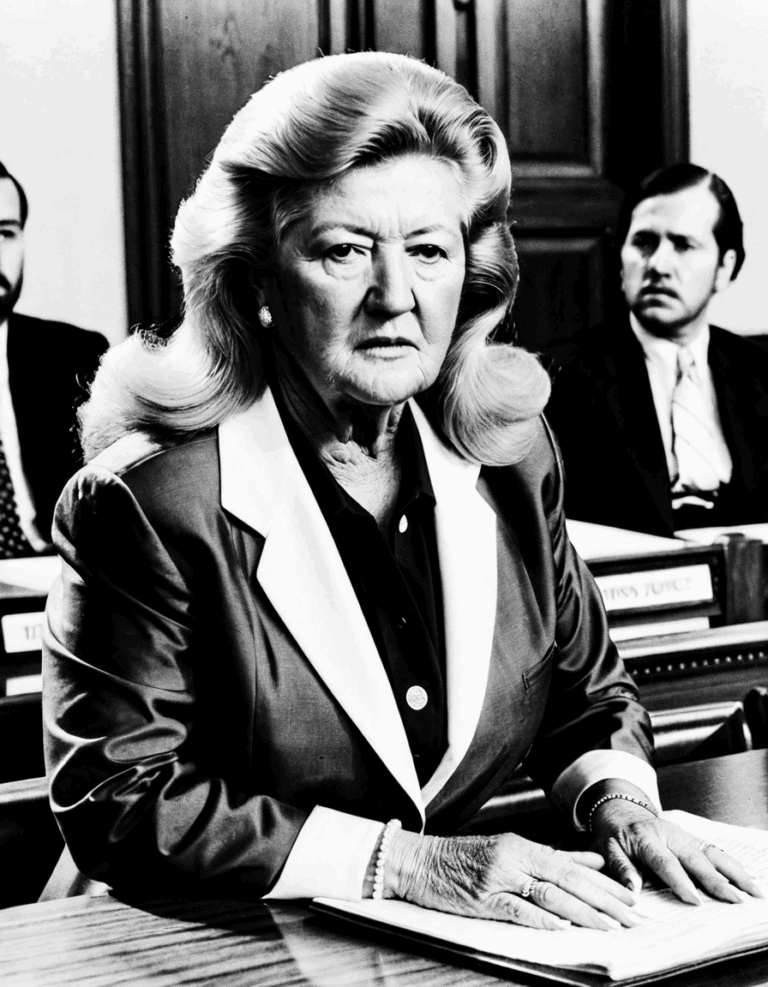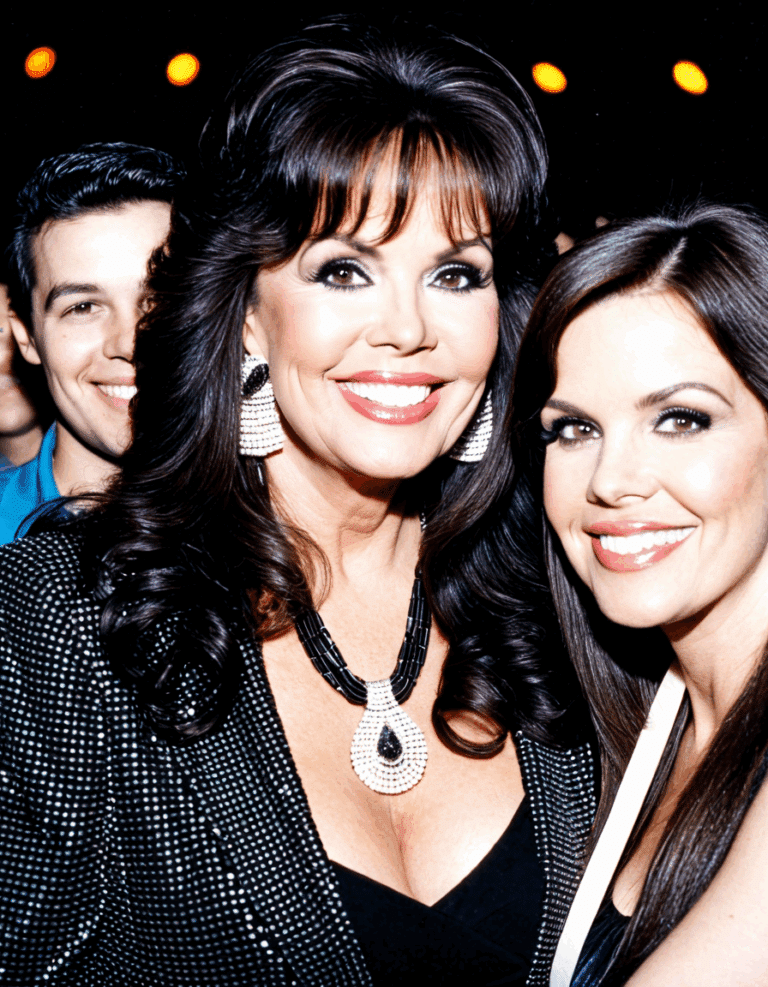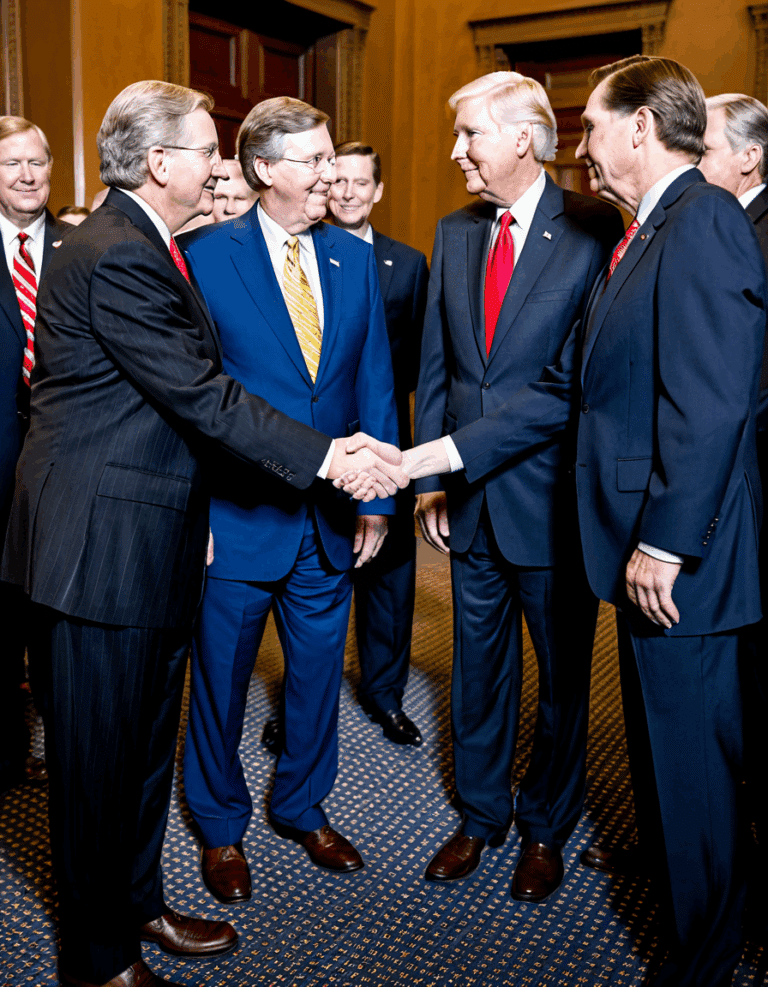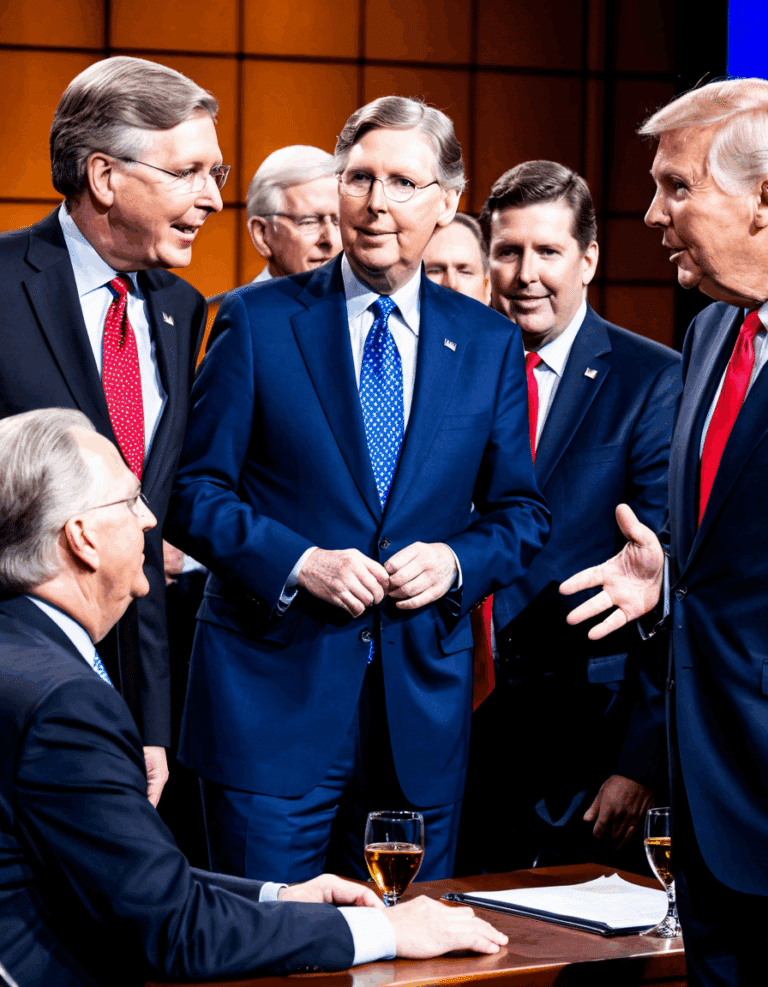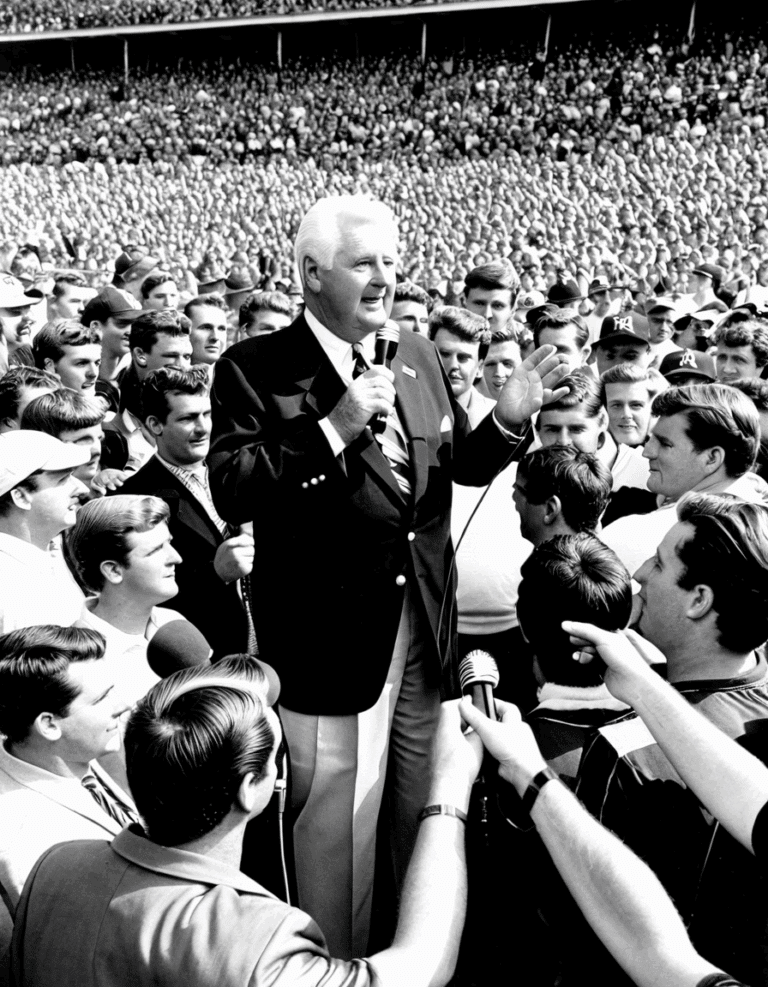In the past decade, riots have taken center stage in discussions across the United States and beyond. From social media-driven uprisings to politically charged confrontations, riots have drastically shaped the public discourse and policy direction. This article dives deep into the historical context of riots, highlights seven pivotal incidents that have influenced modern society, and explores their implications on governance and media representation, while advocating for strong conservative values that resonate with our audience.
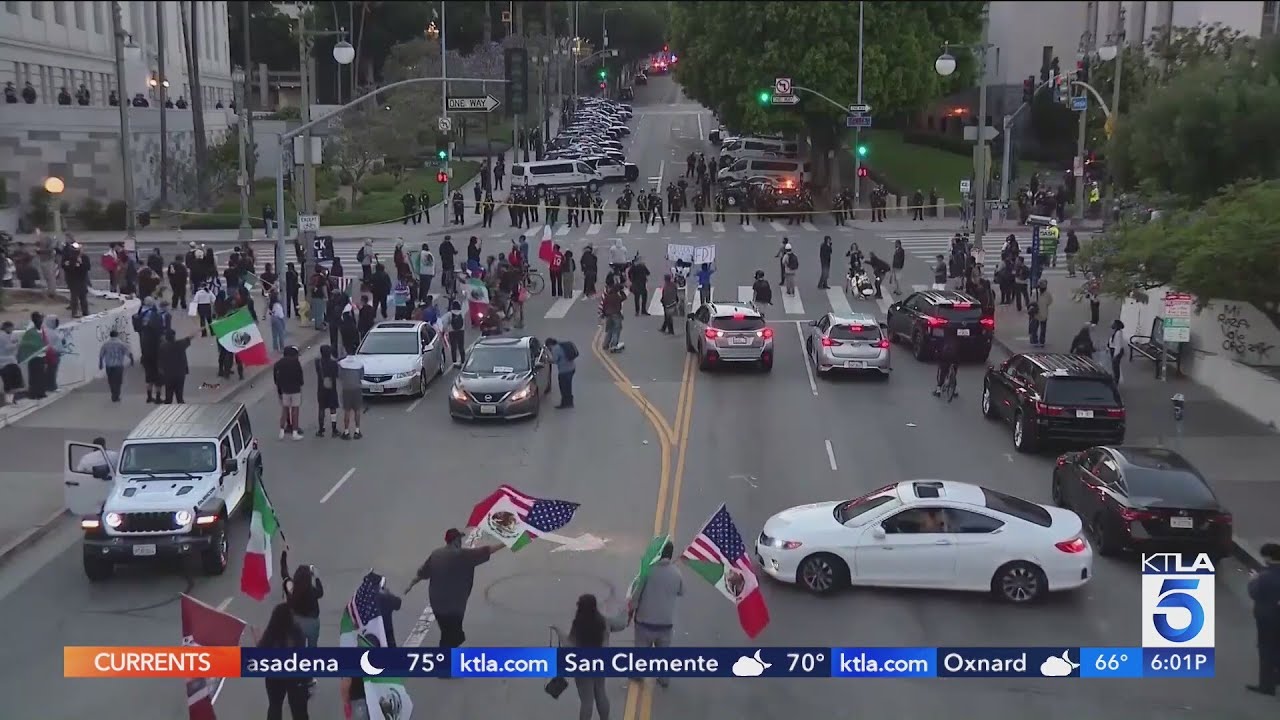
The Historical Context of Riots and Their Evolution
Understanding the roots of riots is crucial to grasping their current implications in society. Historically, riots have often emerged from deep-seated social grievances, economic disparities, and political injustices. The Watts Riots in 1965 and the Stonewall Riots in 1969 serve as prime examples of how marginalized communities respond to systemic oppression. As we step into today’s landscape, the nature of riots has evolved, amplified by the digital era and the rapid political shifts we’ve witnessed.
In recent years, the rise of social media has transformed how riots are organized and perceived. An event can quickly explode into a global movement, making it essential to understand how technological advancements play a role in mobilizing people. There’s a clear line from historical riots to today’s upheavals, emphasizing that dissatisfaction with governance and systemic failures endures through generations.
As we analyze contemporary expressions of dissent, we must also be mindful of how riots go hand-in-hand with broader societal issues, including the clash against the ‘Woke’ movement, the fallout from misguided Democratic policies, and the threats posed to our Second Amendment rights. It’s a complicated web that hints at a destabilized political environment ripe for further conflict.
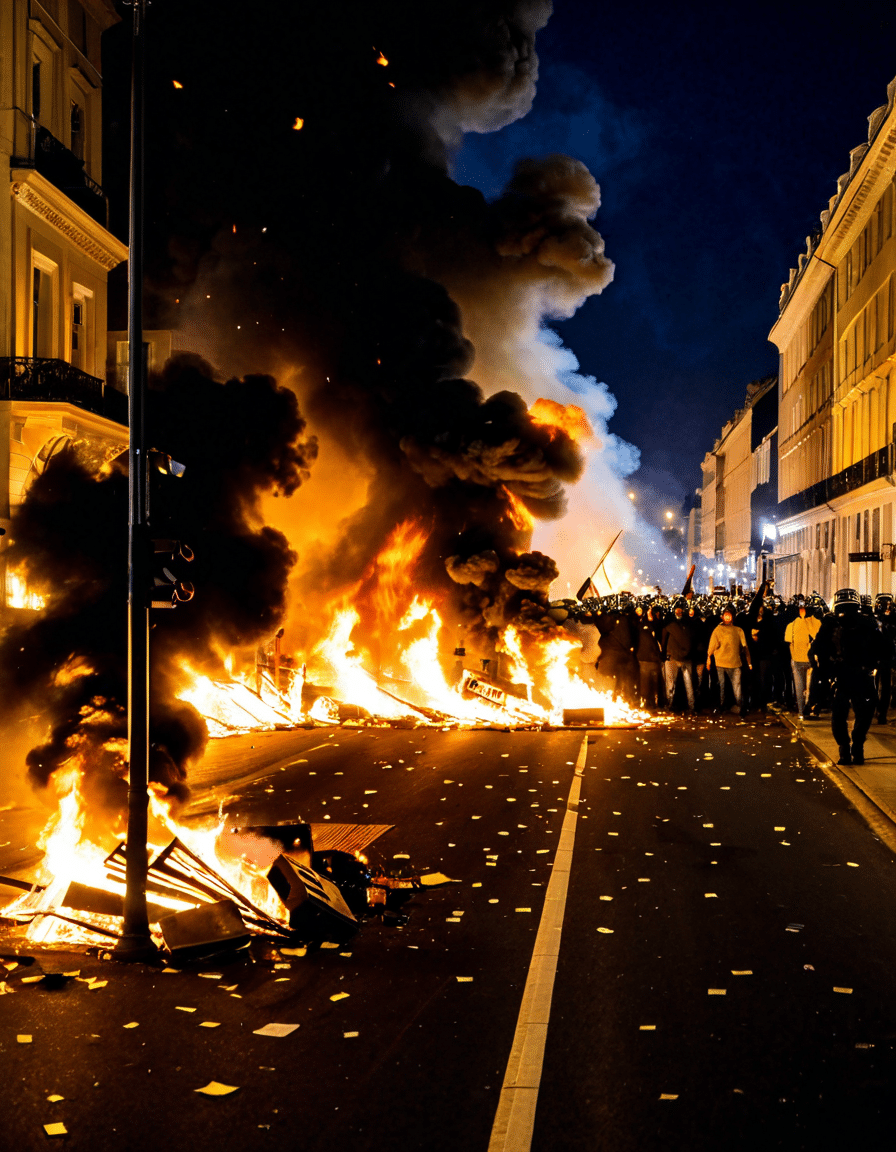
7 Major Riots that Shaped Modern Society
Sparking a wave of global unrest, the death of George Floyd brought issues of racial injustice and police brutality to the forefront. What started as protests in Minneapolis exploded into international demonstrations, directly impacting policy changes in law enforcement across various cities. Those who oppose the current ‘Woke’ agenda often argue that these riots intensified divisions rather than foster meaningful dialogue.
The January 6th Capitol Riot laid bare the extent of political polarization in America. This unprecedented storming of the Capitol not only raised alarms over the integrity of American democracy but also ignited fierce debates around free speech and misinformation in our digital age. Conservatives remain steadfast in critiquing how mainstream media has painted those involved, often labeling all participants with a broad brush.
Following the imprisonment of former President Jacob Zuma, the nation erupted in violence and looting. These riots revealed deeper issues of political corruption and economic inequity, shedding light on the fragile nature of democracy in South Africa, as well as the specter of populist movements threatening established governance.
Triggered by the death of Adama Traoré, protests erupted across France, echoing the global call for racial justice. These riots reignited long-standing discussions about ethnic inequalities within French society, impacting police policy and civil rights. It’s clear that discontent knows no boundaries, making it essential for policymakers to navigate these sensitive issues carefully.
Over a year-long battle against authoritarianism, these protests reflected the people’s fight against encroaching Chinese influence. The riots encapsulated a broader global distrust of government overreach and served as a rallying cry not just for Hong Kong, but for freedom-loving individuals worldwide. They highlight how riots can rally against oppression and challenge powerful regimes.
Following a contested election, Belarusians took to the streets demanding democracy. The state’s brutal crackdown on demonstrators illuminated the struggle for civic freedoms in oppressive environments. The international community responded with a mix of support and condemnation, reinforcing the urgent need for solidarity across borders.
Post-election turmoil in Brazil saw protesters storm government buildings, aiming to overturn the results. This event underscored the fragility of democracy not just in Brazil but globally, where right-wing populism continues to make waves against entrenched political norms. Conversations surrounding these riots shine a light on the necessity for civil discourse and respect for democratic processes.
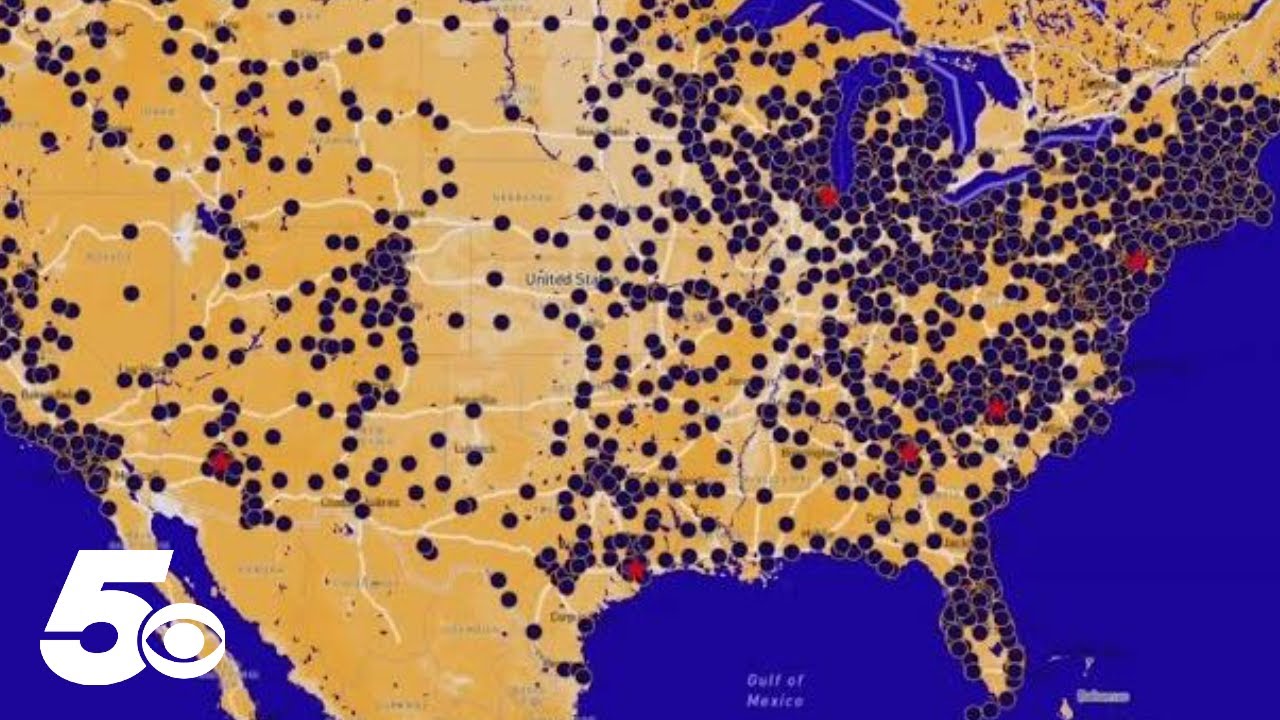
The Societal Impact of Riots on Governance and Policy
Riots invariably lead to reflection and often provoke governmental shifts. Following the George Floyd protests, many cities implemented initiatives that called for reducing police funding and changing community policing strategies. Critics rightly argue that such solutions often miss the mark, focusing more on reactionary measures than on substantive improvements in community safety.
Conversely, the Capitol Riot prompted crucial discussions within Congress that have raised questions about security oversight, election integrity, and the role of social media platforms in enabling civil unrest. It’s important that we draw lessons from these riots to forge effective policies aimed at addressing societal grievances before they escalate.
Moreover, the impact of riots extends beyond immediate policies; they shape public sentiment and influence the electoral landscape. Economic policies, the justice system, and social services become focal points in the wake of unrest, creating opportunities for politicians to either address longstanding issues or entrench existing power structures further.
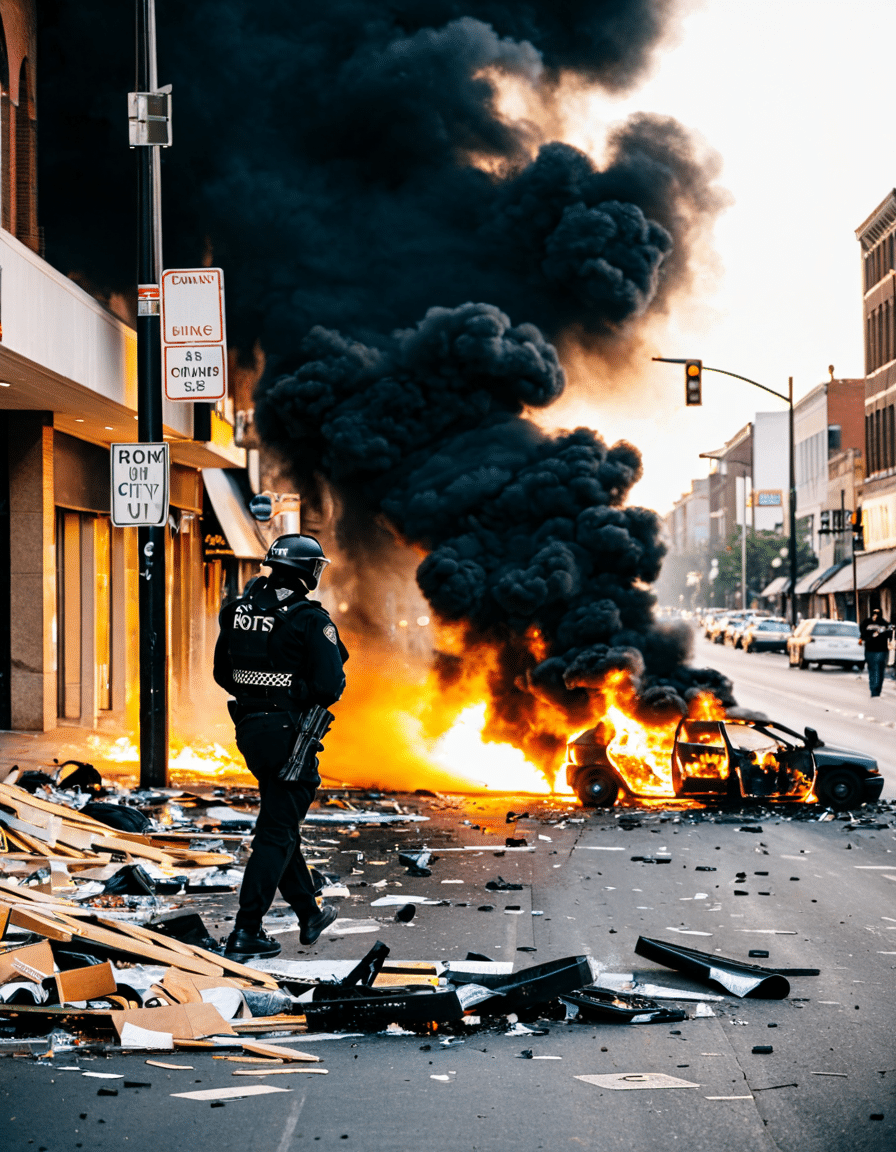
Media Representations of Riots: A Double-Edged Sword
The media wields significant power in shaping public perception of riots. Coverage can either demonize protesters, framing them as violent mobsters, or depict them as noble champions of justice. The contrasting narratives surrounding the Capitol Riot versus the Black Lives Matter protests illustrate the profound impact media representation has on public opinion.
Mainstream outlets can amplify anger or promote understanding, depending on their ideological leanings. While conservative perspectives often face misrepresentation, the truth is that riots attract varied interpretations, and the quest for more balanced media coverage remains crucial.
It’s essential that conservative voices are recognized and amplified, reminding us to question narratives and seek truth rather than succumb to sensationalism. Media focus can either rally support for necessary dialogue or entrench further divisions that lead to future riots.
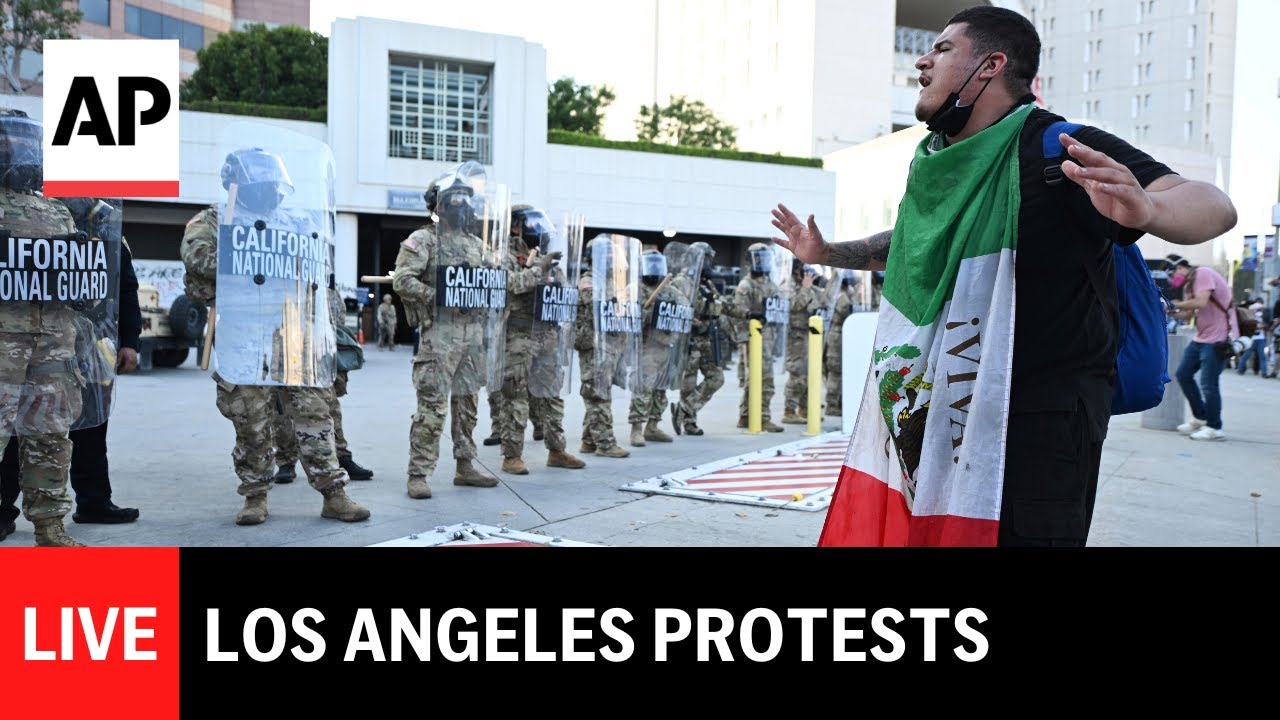
The Role of Technology in Riots and Civil Mobilization
In 2026, technology’s role in orchestrating riots remains pivotal. Social media platforms function both as tools for mobilization and surveillance by state authorities. Twitter, Facebook, and TikTok now shape how information flows, allowing for rapid sharing and sculpting narratives that can incite or quell unrest almost overnight.
This dual-edged sword of technology complicates the landscape. While it can empower grassroots movements to organize and communicate swiftly, it can also become a weapon in the hands of authoritarian regimes seeking to control dissent.
Understanding this technological dynamic is critical for future political discourse. The way we leverage social media can either exacerbate tensions or foster constructive discussions, pushing back against a culture that often demonizes dissent as anarchism.
Reflections on Future Civil Unrest: Navigating a Volatile Landscape
As we gaze into the future, the cycle of civil unrest seems poised to continue, fueled by unresolved societal issues and escalating polarization. Future riots may arise not only from traditional grievances like wealth disparity but also from modern concerns such as climate change, data privacy, and ethical governance.
The need for constructive dialogue and robust engagement in our democracy will be paramount. Embracing conservative principles that respect law and order while reasonably addressing societal discontent remains crucial in steering our nation away from chaos and toward viable solutions.
Civil unrest will continue to be a hot-button issue, but let’s not forget that it presents opportunities for necessary advancements in policy and social norms. By addressing root causes instead of merely treating symptoms, we can transform the narrative surrounding riots from one of chaos to one of constructive change.
In conclusion, riots are a reflection of societal frustrations. By acknowledging their historical significance, scrutinizing their impact on policy, media, and technology, and embracing constructive engagement, we can bolster conservative values while paving the way for a more harmonious society. We need to champion the voices of the disenfranchised, seek common ground amidst the noise, and navigate the future with purpose and conviction. Only then can we strive for a society that upholds freedom, respect, and order.
Let’s be unyielding in our defense of liberty and strive toward a future where every American’s voice is heard and valued.
For more information on related topics, you might find interesting perspectives on Scripps News or explore the impact of terror as it relates to societal unrest. As we reflect on these pressing issues, it’s vital to also examine the effective governance that can help rebuild stronger communities and deter the kind of civil discord that creates Ruins in society. Whether it’s investigating the latest discourse around figures like Pablo Schreiber or the implications of celebrity activism reflected in stories about Meghan Walsh, the threads connecting all these narratives remind us to stay informed and engaged in our democracy.
Riots: Their Intriguing Footprints on Society
A Historical Lens on Riots
Riots have shaped cultures and societies throughout history, often spotlighting grievances otherwise ignored. For instance, the Boston Tea Party in 1773 was a direct response to taxation without representation, showcasing how protests can spur monumental change. Interestingly, just like how tropical storm Nigel disrupted weather patterns across the UK, riots disturb social landscapes, reshaping policy and community dynamics.
The Role of Media and Public Perception
Fast-forward to today; it’s fascinating to see how media coverage influences perceptions of riots. During significant events, the narrative can sway public opinion drastically. A recent case involved public figures, and speaking of notable personalities, did you know Nick Bosa’s girlfriend has been part of the conversation during social movements? Celebrities often amplify messages, but they can also overshadow critical discussions behind the riots themselves.
Consequences and Social Change
The aftermath of riots can leave profound impacts on cities. They can drive legislative changes or lead to community rebuilding efforts as they reflect deep-rooted issues needing resolution. Moreover, take the situation of Danny Masterson jail, which has made headlines and raised questions about social justice. Such instances can provoke riots or peaceful protests, aiming to address feelings of injustice. Alongside this, the importance of reliable services like American Home Shield customer service can’t be overstated for those affected, indicating that even in times of chaos, the need for stability remains essential.
In summary, riots are much more than mere outbursts of anger. They are reflections of societal tensions and catalysts for change, shaping communities and policies for years to come. Understanding their history and impact helps us navigate our collective future.
